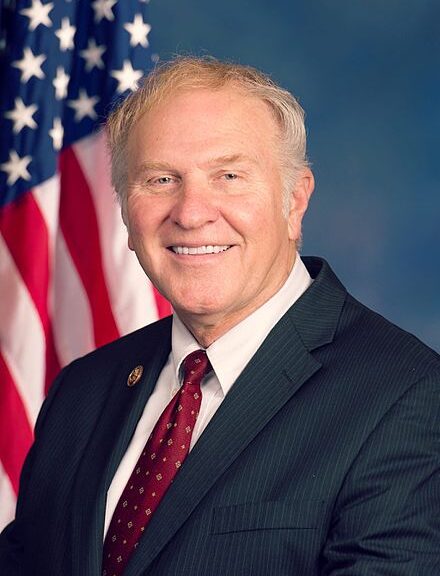
The Daniel Penny Incident: A Tragic Consequence of NYC’s Failure to Address Mental Health Issues and Enforce Existing Laws
A tragic incident occurred at the Broadway-Lafayette station in Manhattan, where 30-year-old Jordan Neely died after being put into a chokehold by 24-year-old rider Daniel Penny. Neely, a homeless man with a history of violent and erratic behavior due to untreated mental illness, had been threatening passengers aboard the train. The case has sparked a heated debate on whether Penny’s actions were justifiable self-defense or a vigilante act.
While many quickly judge Penny, examining the underlying systemic issues that led to this tragic event is crucial. New York City has long failed to enforce existing laws and provide adequate assistance to its mentally unstable citizens. This failure, coupled with the city’s inability to address the mental health crisis, has created a volatile environment that led to Neely’s untimely death.
As a former Marine, Penny has been trained to handle high-pressure situations and protect himself and others. While some argue that his military training could hurt his self-defense claim, it is essential to consider the context in which he was forced to act. Neely’s aggressive behavior and threats to passengers left them fearing for their safety. Faced with a dangerous situation, Penny intervened, likely believing that he was acting in the best interests of everyone on the train.
The case highlights the urgent need for New York City to address its mental health crisis and provide proper support to individuals suffering from mental illnesses. Neely’s documented history of mental instability should have prompted intervention from the city and mental health professionals. Instead, he was left to struggle on the streets, culminating in this tragic event.
The debate surrounding Penny’s actions should not overshadow the broader issue of mental health support in New York City. This tragic accident should catalyze change, prompting a renewed commitment to addressing the mental health crisis in the city’s streets and subways. Elected officials must take proactive steps to address this crisis, ensuring that those with mental illness receive the help they desperately need.
Furthermore, this incident underlines the need for improved enforcement of existing laws, particularly those aimed at ensuring the safety and well-being of the city’s most vulnerable residents. By enforcing these laws and providing adequate mental health support, New York City can prevent similar tragedies from occurring in the future.
In conclusion, while Daniel Penny’s actions have been the subject of intense scrutiny and debate, it is essential to recognize the broader systemic failures that contributed to this tragic incident. New York City’s failure to enforce existing laws and provide adequate support to its mentally unstable citizens has created a dangerous environment for all its residents. Rather than focusing solely on Penny’s actions, we must address these underlying issues and create a safer and more supportive city for all.




